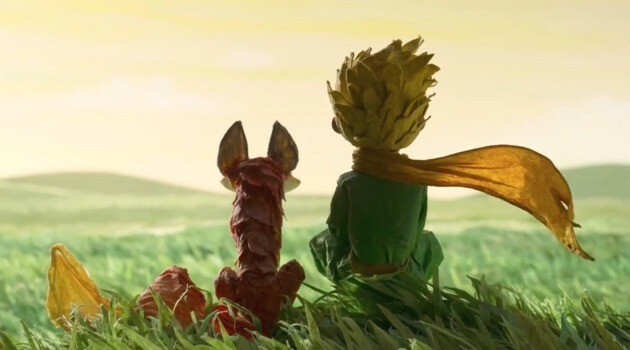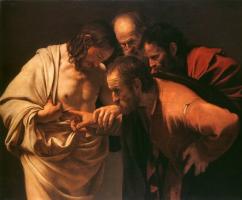The essential is invisible to the eyes: Meaning of the phrase
"The essential is invisible to the eyes" is a phrase authored by the French writer Antoine de Saint-Exupéry. It means that the true value of things is not always obvious.
The phrase appears in The little Prince, short story about the importance of love and friendship. It is a book aimed primarily at children, but with a theme and depth of reflection that makes it a work of interest to all.
Phrase analysis
The phrase "the essential is invisible to the eye" is found in the Chapter 21. In this chapter, the little prince, who is exploring the Earth, meets a fox. They begin to talk and gain confidence. Then the fox asks the little prince to tame him, and explains that being tamed means that he will be unique for him, that they will be friends and they will need each other and that, when they say goodbye, they will be sad and then less.
Both, the fox and the little prince, will become friends. The fox will give the little prince lessons about life and love. The little prince will tell you about his rose, which he has left on his planet to make his journey through the universe, he will tell you that he has cared for it and watered it, and that now he misses it.
The fox, then, will invite the little prince to see a multitude of roses that there is a garden. The little prince realizes that none of them could replace his rose, even though they are all identical to it. He understands the little prince that his rose is unique because he has domesticated it, and what has made it important to him has been all the time he has spent with it.
The fox, then, realizes that the little prince is ready to hear his secret, a very important teaching that will make the little prince understand what has happened to him. The fox tells him: “Only with the heart can one see well; The essential is invisible to the eyes".
This phrase is thus a reflection on the true value of things, their true essence. The eyes can deceive us, not so the heart. The heart is capable of differentiating one rose from a thousand. In this sense, the phrase invites us to understand that we must look beyond appearances, to value things for what they really are, and not for what they seem.

Hence the importance of this sentence in the book The little Prince, because it is a work that he constantly calls to see beyond the aspect of things. Let us remember the passage of the Turkish astrologer, whose discovery is only celebrated by the scientific community when this he advertises him dressed in western garb, but that he was ignored when he did it in his traditional garb country.
See more about The little Prince.
About Antoine de Saint-Exupéry
Antoine de Saint-Exupéry (1900-1944). French aviator and writer. Author of one of the most famous stories for children, The little Prince (1943). His experience as aviator served as inspiration for his literary work, of which we can highlight the novel Night flight (1931).

Literature professional, graduated from the Universidad de Los Andes. Passionate about literature, history and philosophy. He has worked creating, writing and proofreading in publishing, advertising, journalism and digital content since 2008.



